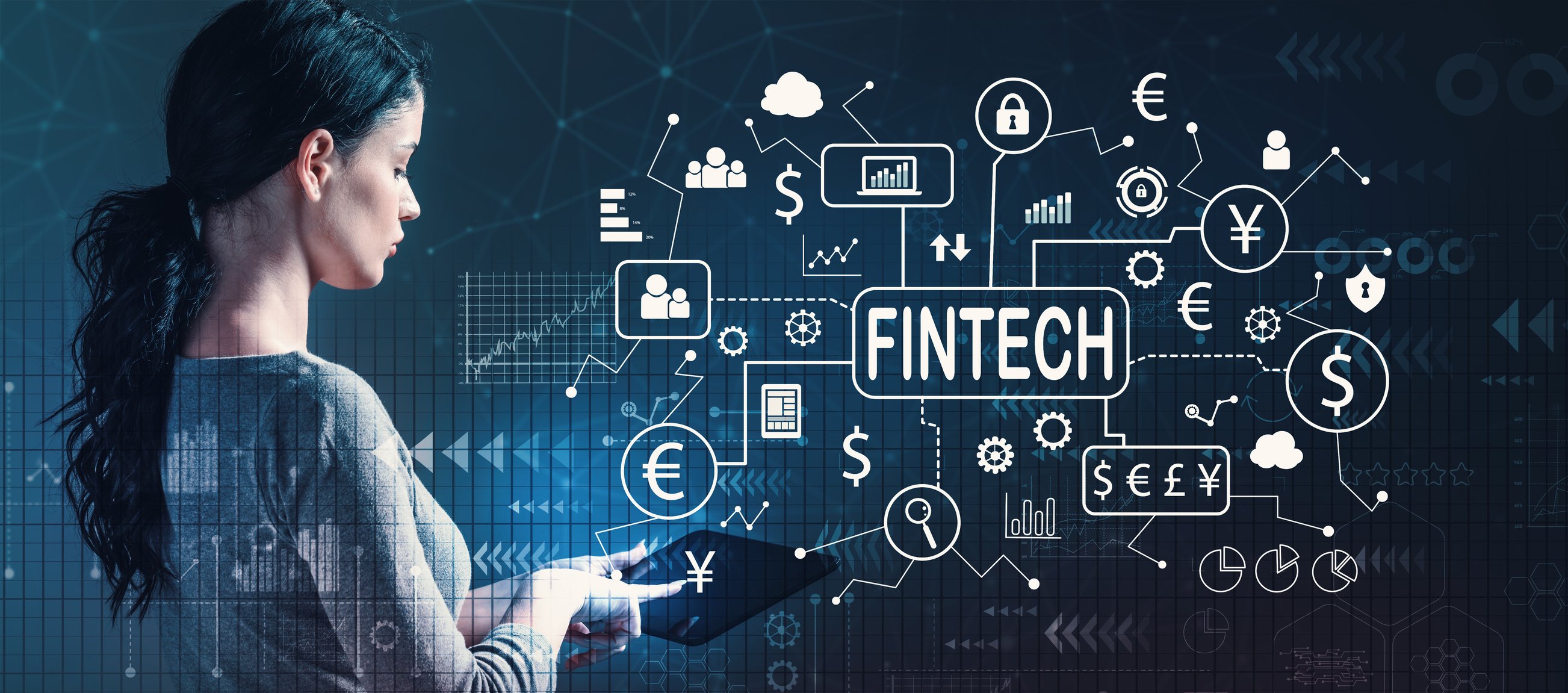I'm not a big fan of investing in a "blank check" company in the hopes that it might find a strong target to acquire and take public. However, it can be a totally different story when a special-purpose acquisition company (SPAC) does line up a business to buy.
The key is that the target company of a SPAC must have what it takes to become a huge success. Some SPACs find such businesses while others don't. And a few SPACs team up with promising companies with exceptionally strong growth prospects. Here are two SPAC stocks that I think could realistically double your money.

Image source: Getty Images.
Gores Holdings VI (Matterport)
Gores Holdings VI (GHVI +0.00%) is a SPAC led by Alec Gores, CEO of The Gores Group. In February, it announced plans to acquire Matterport in a deal expected to close in the second quarter of 2021. This transaction values the combined company at roughly $2.9 billion.
Matterport pioneered the spatial data market. This technology is sometimes referred to as "digital twin" technology because it involves creating a 3D digital replica of any physical space. These digital twins can be used for property management, design, construction, and other purposes. The technology is so hot that consulting firm Accenture named digital twin technology as one of the top five tech trends of 2021.
I think that buying Gores Holdings VI should at least double an initial investment in a relatively short period of time. Why? Let's start with Matterport's phenomenal growth story. Its subscriber base increased by a factor of 18x over the last two years, giving the company a revenue run rate of $100 million. Matterport expects to double that revenue level in 2022 and grow revenue to close to $750 million by 2025.
Those projections might seem overly optimistic. However, my view is that they're quite attainable. There are around 4 billion buildings in the world with around 20 billion distinct spaces. Using Matterport's software-as-a-service pricing of $1 per space per month, that translates to a total addressable market of $240 billion annually. The company's 2025 revenue goal reflects only 0.31% of this potential market.
Matterport does have some competition. However, it's the clear market leader. The company has more than 250,000 customers worldwide, including over 13% of the Fortune 1000. Its artificial intelligence technology also gives Matterport a competitive advantage. For example, customers can use advanced analytics such as instantly determine where all the sprinkler heads are in their buildings.
I look for the demand for Matterport's spatial data technology to explode over the next few years. And I won't be surprised if this SPAC stock doubles several times along the way.
Social Capital Hedosophia Holdings V (SoFi)
An even bigger SPAC acquisition should soon close. In January, Social Capital Hedosophia Holdings V (IPOE +0.00%) announced plans to take SoFi public in a deal that values the company at more than $8.6 billion.
SoFi offers a wide range of financial services through its app, including loans, insurance, credit cards, and investing. The company has delivered six consecutive quarters of accelerating year-over-year membership growth. It's on course to top 3 million members this year.
The company recently made a big step toward achieving its goal of securing a national bank charter by announcing plans to acquire Golden Pacific Bancorp. Once SoFi obtains a national bank charter, it will be able to offer even more options for its customers and enjoy a lower cost of funds for providing loans.
This is one of several key steps for SoFi to leverage what the company calls a financial services productivity loop (FSPL) strategy. The more services under its umbrella, the lower SoFi's customer acquisition costs and the higher the lifetime value of its customers will be.
SoFi also owns Galileo, a top provider of technology infrastructure services to financial services companies. Galileo's platform currently has around 50 million accounts. SoFi thinks that its core platform combined with Galileo could help the company become the Amazon Web Services (AWS) of fintech.
I don't know if SoFi ultimately will be a financial equivalent of AWS. However, my view is that it will quickly join the ranks of other high-flying fintech stocks. And I look for SoFi to generate impressive returns that enable the stock to at least double over the next few years.








